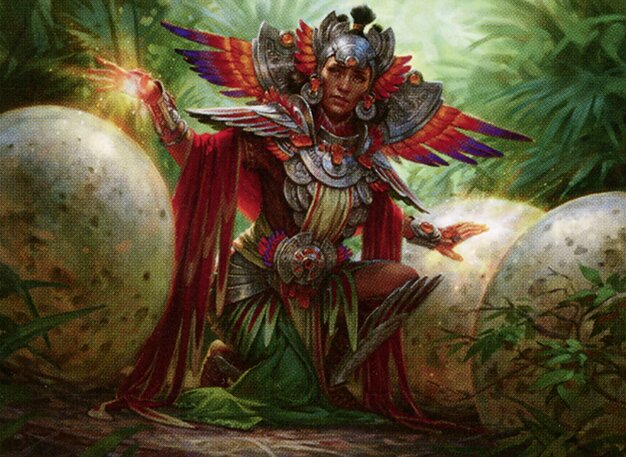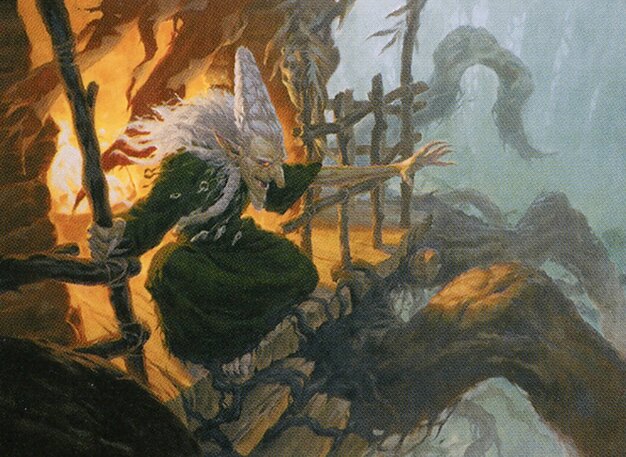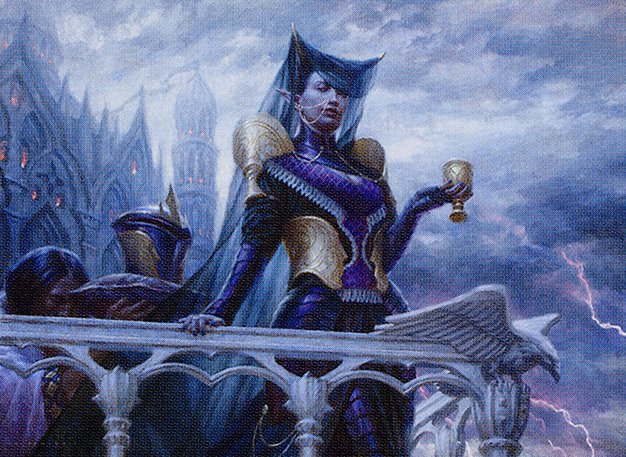Deck & Commander Strategies

Atla Palani, Nest Tender
Generate and protect a variety of Eggs that hatch into powerful creatures, leveraging artifact synergies and ramp to overwhelm opponents with value and threats.

Baba Lysaga, Night Witch
Utilize aristocrats-style sacrifice and token generation to drain life and control the board, recurring creatures from the command zone to maintain pressure.

Cid, Timeless Artificer
Create numerous artifact creature tokens and leverage multiple Sid, Timeless Artificer cards for buffs and card draw, aiming to gain incremental advantage through artifacts.

Ayara, First of Locthwain
Control the board with black removal and life drain effects, using Ayara to draw cards and drain opponents by sacrificing creatures and maintaining board presence.
Gameplay Insights
- 1
Using Liquidmetal Torque early to turn lands into artifacts enabled strong synergy with the artifact-centric Sid deck.
- 2
Baba Lysaga’s ability to return to the command zone and be recast multiple times provided resilience and continuous board pressure.
- 3
Players generally adopted a cautious early game with tapped lands to set up their mana bases before developing their board states.
- 4
The interplay of aristocrats sacrifice triggers and token generation created a dynamic board state that required careful attention.
- 5
Sid's deck capitalized on having multiple Sid cards in play and graveyard to boost artifact creatures and generate card advantage.
Notable Cards
-

Atla Palani, Nest Tender
-

Baba Lysaga, Night Witch
-

Ayara, First of Locthwain
Gameplay Summary
The game featured four distinct decks led by Atla Palani, Nest Tender; Baba Lysaga, Night Witch; Cid, Timeless Artificer; and Ayara, First of Locthwain.
The early turns saw players establishing their mana bases with several lands entering the battlefield tapped, signaling a cautious start.
Atla Palani’s player quickly deployed Liquidmetal Torque to synergize with artifacts, hinting at a strategy centered on artifact interaction and mana ramp.
Baba Lysaga’s aristocrats-style deck likely aimed to leverage sacrifice outlets and token generation, while Ayara’s mono-black deck focused on draining opponents and controlling the board with removal and attrition effects.
Sid’s deck revolved around creating and benefiting from multiple copies of Sid, Timeless Artificer, emphasizing artifact synergy and token generation. As the game progressed, players began developing their board states with thematic synergy: Atla Palani’s eggs and token generation, Baba Lysaga’s sacrifice triggers, Ayara’s drain and disruption, and Sid’s artifact creatures with buffs from multiple Sid copies.
Key turning points included the use of Liquidmetal Torque to enhance mana production and artifact interactions, as well as Baba Lysaga’s ability to recur threats from the command zone, creating continual pressure.
The gameplay showcased a mix of incremental advantage, board control, and combo potential, with the win condition likely revolving around overwhelming opponents through attrition, token swarms, and value from artifact synergies.
Ultimately, the game demonstrated how these archetypes can interplay in a multiplayer Commander setting, with each player using their deck’s strengths to outmaneuver others.







































![Multicolored Legends of Baldur's Gate [Commander VS 295] | Magic: the Gathering Commander Gameplay thumbnail](https://i.ytimg.com/vi/zAq9d0hwHTU/sddefault.jpg)






